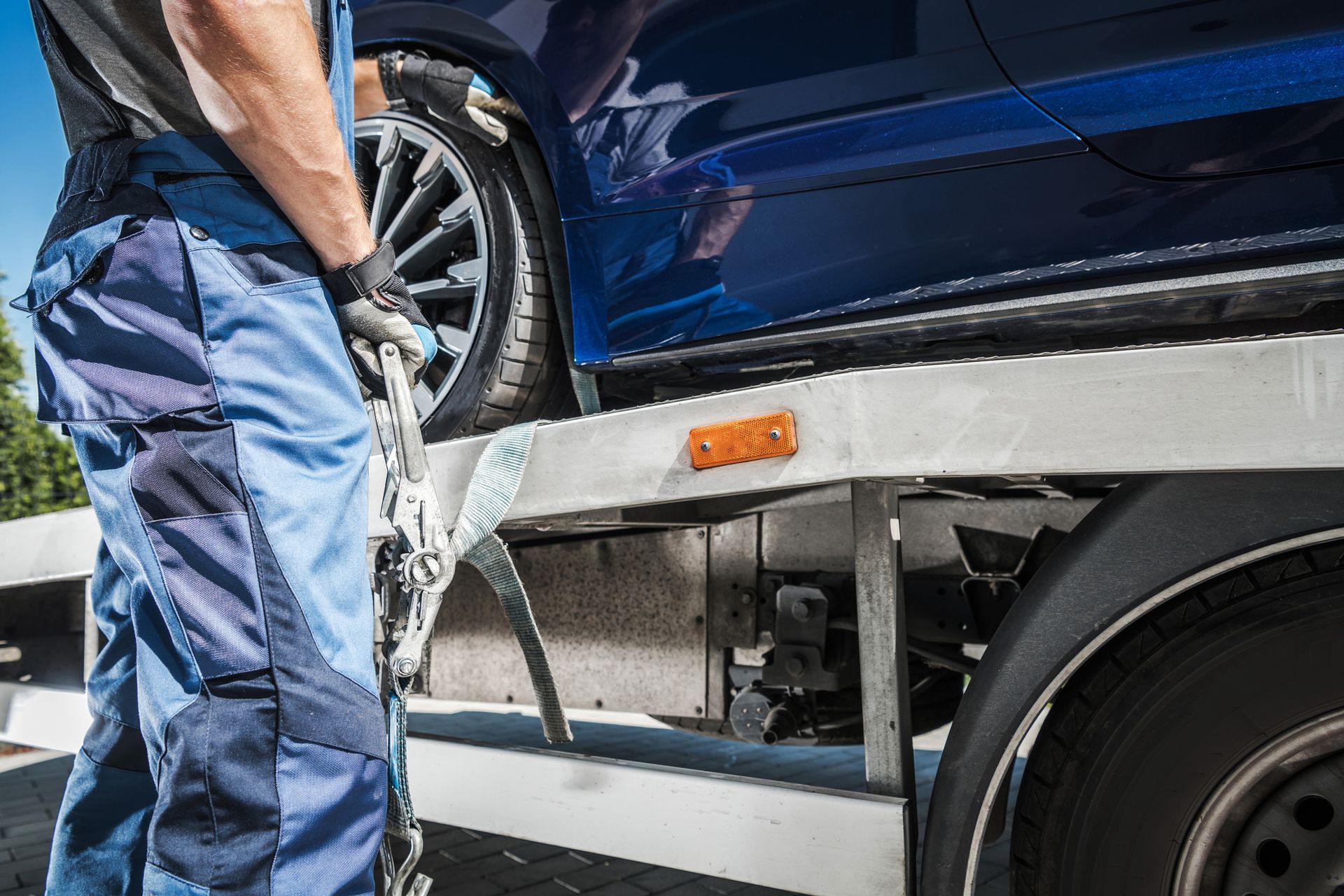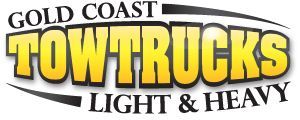What to Expect From Professional Tow Truck Services
When a breakdown or bingle disrupts your day, knowing there’s a dependable tow truck in Tweed Heads can make all the difference. Whether you’ve got a flat tyre on Kennedy Drive or a work ute that won’t start at the boat ramp, having a plan beats panic every time. Gold Coast Tow Trucks Light & Heavy supports locals with timely, safe responses that keep traffic moving and drivers protected. In this guide, you’ll learn what the process looks like from the moment you pick up the phone, the types of towing available, and how to make the whole experience smoother.
Range of Tow Truck Services Offered
Tweed Heads drivers encounter all sorts of challenges—from beach runs and border commutes to highway trips—so modern towing needs to be versatile. Here’s a clear look at the common service types you can expect and where each fits best.
- Light vehicle towing: Most everyday recoveries involve sedans, hatchbacks, SUVs, and motorbikes. A tilt tray or flatbed tow truck safely lifts your vehicle onto the deck, keeping drivetrains off the road and reducing the risk of further damage. This method is ideal for low-clearance cars, EVs, and all-wheel drives, which often benefit from wheels-off-the-ground transport.
- Heavy vehicle recovery: When trucks, buses, coaches, or plant equipment are involved, specialist gear and high-capacity vehicles are essential. Heavy recoveries demand a well-planned approach, experienced operators, and robust rigging to handle weight, height, and load security. A professional team can coordinate safely around narrow streets, busy intersections, and construction sites.
- Accident and emergency towing: In a collision or serious breakdown, a tow truck becomes part of an urgent safety response. Operators coordinate with police or emergency tow services, secure the scene, and load vehicles efficiently to clear lanes. This helps reduce congestion on the M1, Minjungbal Drive, and key Tweed corridors.
- Targeted transport and relocations: Beyond breakdowns, drivers might need scheduled transport for prestige cars, classics, or motorcycles, as well as relocations for caravans and trailers. The right equipment and tie-down method protect bodywork, paint, and components during the trip.
- Complementary help: For many roadside issues—like a flat battery, lost keys, or a stubborn wheel nut—skilled operators often provide on-the-spot solutions. When it’s not feasible, a quick load-up onto a tow truck gets you to a trusted repairer without fuss.
Including roadside assistance alongside towing gives motorists more options; the aim is to solve the issue as close to the kerb as possible and keep stress to a minimum.
What Happens When You Call for a Tow
Reaching out for help should be simple and transparent. Here’s how a standard call typically unfolds, and what that means for your day.
- Your call and key details: The dispatcher will ask for your location, vehicle make and model, what’s happened, and any safety concerns. If you’re unsure where you are, describe nearby landmarks, a cross street, or the last sign you passed. Sharing whether your car is driveable, stuck, or off the shoulder helps the team choose the right tow truck and equipment.
- Priority and despatch: Urgent situations—like a vehicle stranded in a live lane or near a blind bend—are triaged for safety. The closest suitable truck is assigned to reduce wait times. You’ll receive an estimated arrival time based on road and traffic conditions, with updates if anything changes.
- Arrival and site safety: The operator parks to create a protective buffer, sets cones or beacons where appropriate, and confirms your details before any loading begins. If you’re in a risky position, you’ll be asked to move to a safer spot, well away from traffic.
- Vehicle assessment and loading: The driver checks clearance, tyre angle, and recovery points before winching or loading. For many vehicles, a flatbed tow truck is preferred to keep wheels off the ground. EVs and AWDs often benefit from this method, preventing drivetrain strain.
- Destination and paperwork: You can choose your repairer, home address, or another nominated site. The driver will confirm the drop-off location, provide a basic written record, and help you photograph damage if needed. This documentation supports smooth communication with insurers and repairers later.
- Local knowledge matters: Border traffic, school pick-up times, and holiday congestion can affect ETAs around Tweed Heads. Accurate updates and realistic timeframes are part of a professional service. For more detail on local coverage and response, visit the Tweed Heads page.
Many calls begin as roadside assistance queries and become tows only if the issue can’t be sorted on site. Clear communication early helps the team bring the right tools the first time.
Safety and Professionalism From Gold Coast Tow Trucks Light & Heavy
The difference between a decent and an excellent experience often comes down to safety standards and people skills. Here’s what that looks like in practice across Tweed Heads.
- Safety-first setup: From hazard lights and cones to carefully planned parking angles, safe staging protects you, the operator, and other drivers. A well-positioned tow truck creates breathing room on narrow shoulders and busy intersections like Wharf Street and Kennedy Drive.
- Respect for your vehicle: Loading isn’t rushed. Operators assess wheel position, ground slope, and tie-down points before securing your car. Using soft straps where possible and checking contact points reduces the risk of scuffs or stress on components, including low spoilers and side skirts.
- Communication and consent: You should expect clear explanations before any action—how your vehicle will be loaded, why a certain method is chosen, and what the next steps involve. A short briefing keeps everyone on the same page, minimising surprises.
- Specialist skills for heavy vehicles: Recovering a truck, coach, or machinery requires coordination, rigging know-how, and an understanding of load dynamics. The right training and equipment protect the vehicle and the road environment, ensuring a stable, compliant transport.
- Clean, compliant equipment: A tidy, well-maintained tow truck is a strong indicator of a professional outfit. Regular checks on hydraulics, winches, and tie-down gear translate directly into safer, smoother jobs.
Customer Expectations and Tips for a Smooth Towing Experience
You can help things run swiftly by preparing a few details and setting up a safe waiting space. These simple steps often shave minutes off the job and reduce stress.
- Prioritise safety where you wait: If it’s safe to do so, move off the live lane, turn on hazard lights, and wait behind a barrier or well away from traffic. At night or in rain, stay visible and avoid standing near the road edge.
- Gather essential info: Jot down your rego, insurance policy number, and preferred drop-off address. If you have roadside assistance membership, have that ready as well—some plans include a specific towing allowance or destination rules.
- Remove valuables: Grab your wallet, phone, laptop, and any visible items before loading. If the car will go to a repairer after hours, take anything you’ll need before the workshop opens.
- Photograph the scene: Quick photos of the vehicle’s condition and surroundings can help later, especially after a collision. Include number plates of other vehicles if relevant, and any clear damage.
- Know your destination: Nominate your repairer or a safe address. If you’re unsure, ask for suggestions based on the issue—some mechanics specialise in transmissions, others in electrical faults, and so on.
- Confirm the plan: Before the tow truck departs, confirm the drop-off, any access instructions, and who will receive the keys. Clear instructions prevent delays on arrival.
- Think ahead for kids and pets: If you have children or animals with you, plan a comfortable waiting spot. Summer heat can set in quickly; water and shade help, and air-conditioned waiting zones are best when available.
These tips are just as useful when the initial call is for roadside assistance. A little preparation helps the operator focus on the technical work while you stay comfortable and informed.

Why Choose Gold Coast Tow Trucks Light & Heavy?
When comparing providers, it helps to know what qualities consistently improve outcomes. Here are practical markers that Tweed Heads motorists value and how they shape your experience.
- Fast, localised response: Familiarity with Tweed traffic patterns—from school zones to weekend surf runs—supports realistic ETAs and efficient routeing in an appropriately equipped tow truck.
- Capability across vehicles: Whether it’s a commuter hatch, AWD SUV, motorcycle, caravan, bus, or prime mover, having the right gear and training protects drivetrains, bodywork, and cargo.
- Professional, courteous drivers: Calm, respectful communication matters during stressful moments. Operators who explain the process and invite questions help reduce anxiety and confusion.
- Transparent pricing: Clarity up front—what the base rate includes, how distance is calculated, and any after-hours differences—prevents surprises later. You should expect clear, itemised costs with no hidden fees.
- Community trust: Consistent service builds word-of-mouth. A provider known around Tweed Heads for reliability and care will often have repeat customers and referrals, reflecting steady standards over time.
Bringing these elements together creates a predictable, stress-reducing experience. That’s the aim every time a call comes through.
Contact Us for Towing Services Today!
If you ever need a tow truck in Tweed Heads, it pays to know what will happen next, what you can do to keep safe, and how to get your vehicle where it needs to go with minimal fuss. With clear communication, careful loading, and well-kept equipment, Gold Coast Tow Trucks Light & Heavy delivers an efficient, no-drama response that respects both your time and your vehicle. Save this number now so you’re ready when it counts: call
(07) 5572 3199 for prompt help and dependable support from a trusted local team.

